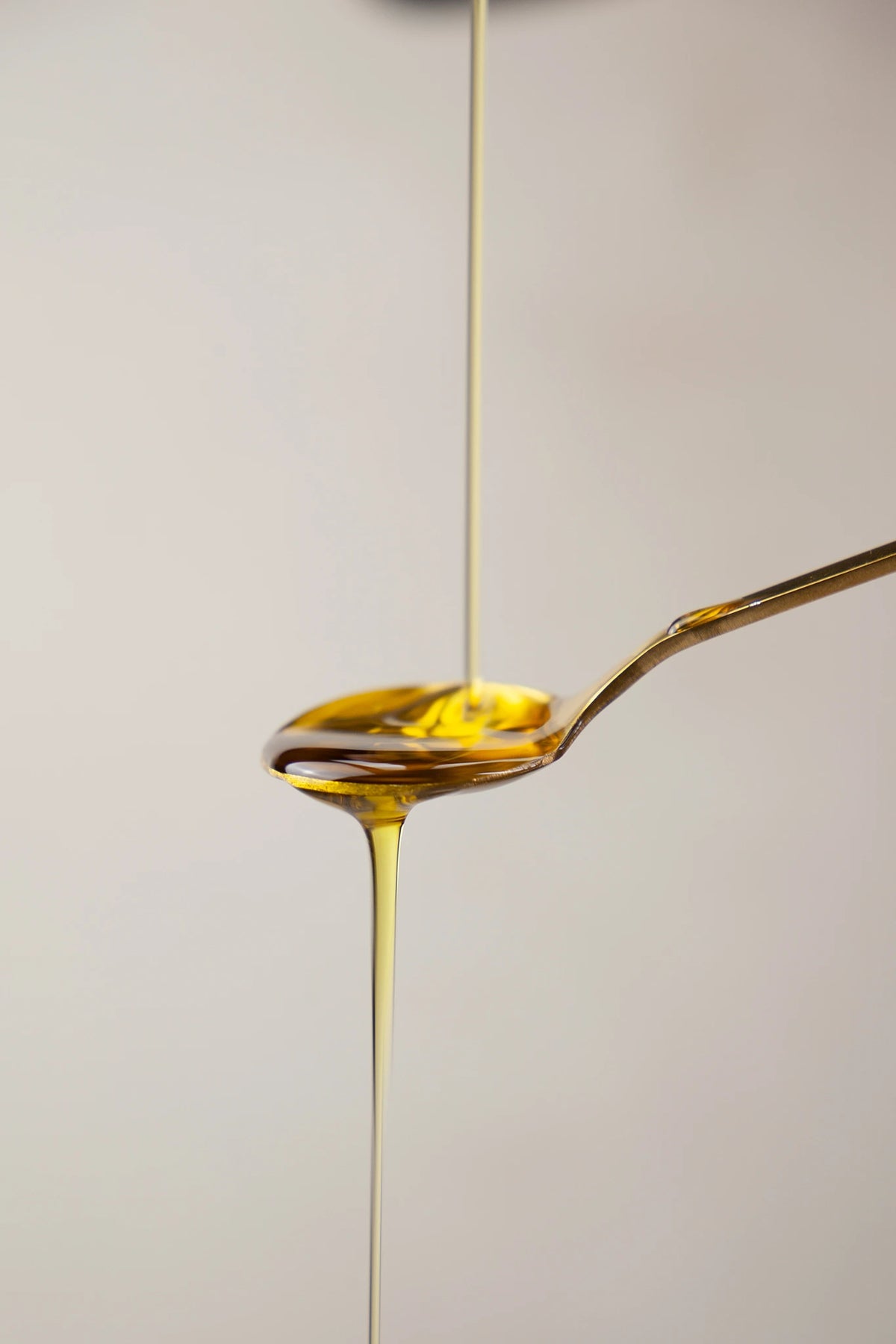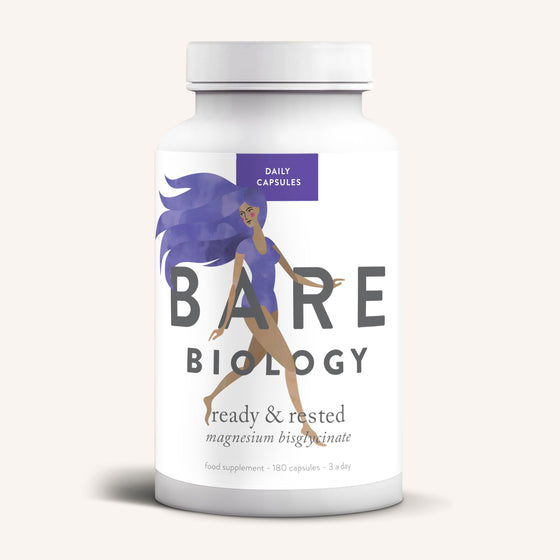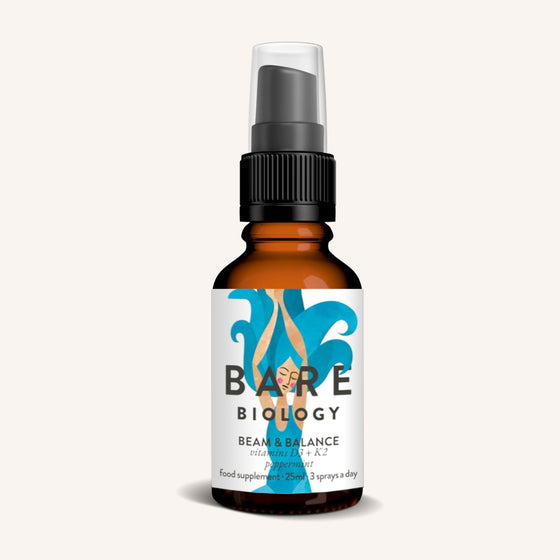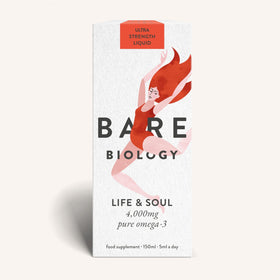Omega-3 fish oil menopause benefits
CONTENTS
Omega-3 and the Menopause: Exploring Natural Relief
The end of a woman’s reproductive years may be called the menopause, but for many of us, it feels more like a big, fat full stop. A full stop to life without aches and pains. A full stop to restful sleep. A full stop to youth. A full stop to health.
But does it really have to be that way? After all, the menopause is a totally natural occurrence that happens to all women lucky enough to live to middle-age. Why should our health and wellbeing suddenly take a nosedive, along with our fertility?
Night sweats, mood swings and joint pain are not the inevitable consequences of the menopause. For proof of that, we only have to step outside of our own Western culture and examine the experience of women around the world, particularly those in the East.
Chinese women, for example, have a consistently low chance of developing any menopause symptoms at all. Mayan women actually look forward to menopause as a time of newfound freedom and status. Hot flushes are so rare among middle-aged women in Japan there’s not even a name for them.
Even the way the menopause is described is different in the East. The Japanese word for menopause (konenki) translates as both ‘renewal years’ and ‘energy’.
It’s a far cry from the experience of menopausal women closer to home. A survey carried out by ITV’s Tonight programme found that a quarter of UK women suffered from menopausal symptoms so severe they’d even considered leaving their jobs. Half of the women surveyed thought that ‘the change’ had made their lives significantly worse.
Here in the West, we seem to have accepted the idea that the end of menstruation brings with it problems that range from the inconvenient and embarrassing (hot flushes, brain fog and grumpiness) to the serious (heart disease and arthritis). So why do women in other cultures suffer so much less than we do?
Some experts think the answer to that may be found in our lifestyles. And in particular, on our dinner plates. So could our diets play a role in some of the menopausal symptoms we seem to be prone to here in the West? And if what we eat can worsen our symptoms, is there anything we could eat that would improve them?
Let’s take a closer look at omega-3 and the menopause to find out.
Related Products

What is menopause?
Menopause is defined as your last menstrual period. In the UK it usually takes place when you’re between 45 and 55, with the average age being 51. You’re said to have had your menopause when you haven’t had a period for a year, although symptoms can go on for several years after this and can start several years before.
The menopause happens because your ovaries simply run out of eggs. In the run-up to the menopause (a period known as the perimenopause), having fewer eggs available means you ovulate irregularly until finally stopping altogether. Having both ovulatory and anovulatory periods can cause our levels of estrogen, progesterone and testosterone to fluctuate. It’s these rapidly changing hormones that can lead to the classic menopausal symptoms we all recognise, like hot flushes and night sweats.
But it’s not just our internal thermostats that suffer. Hormones control almost every aspect of our wellbeing, from our energy and mood to our metabolisms. Not only that, but there are estrogen and progesterone receptors in almost every tissue and organ in the body, so symptoms really can affect us anywhere. No wonder the perimenopause is known as such a time of hormonal upheaval.

What are the links between diet and the menopause?
Lifestyle differences are known to affect both the timing of the menopause and how severely you’ll be affected by it. Both moderate and heavy drinkers are known to have a greater chance of experiencing debilitating symptoms, while obese women are more likely to go through the menopause earlier, putting them at greater risk of osteoporosis and heart disease in later life.
And then there’s diet. As we’ve discussed, the classic symptoms of perimenopause we’re so familiar with here in the West are just not seen in other cultures where the diet is drastically different from our own. The Japanese way of eating seems to be particularly adept in warding off menopausal symptoms. Only 7 percent of Japanese women suffer from hot flushes (a rise in temperature caused by falling estrogen levels), compared to approximately eight in ten women in the UK.
From tofu to miso, the Japanese diet includes large amounts of soy products. These so-called phytoestrogens mimic the effects of estrogen in the body and are thought to help with fluctuations in the hormone, hence their success in smoothing the rapid fluctuations brought on by the menopause.
But the other huge staple in the Japanese diet is oily fish. Japanese women eat about 100g of oily fish daily, while here in the UK many of us struggle to eat the recommended portion of oily fish twice a week. Oily fish is thought to be beneficial to the body primarily because it contains such large amounts of the essential fatty acid omega-3. In fact, nutritional studies show that Japanese women get 1,300mg of omega-3 fatty acids per day from their diet, compared to just 200g here in the UK.
Omega-3 and the menopause - how does it affect you?
So why does the amount of fish we’re eating matter when we’re going through the menopause? Well, according to a recent study carried out by the University of Leeds, a diet rich in fish has such a big impact on our hormones, it can even delay the menopause altogether.
The comprehensive study, carried out over four years on more than 14,000 women in the UK, found that those eating a daily portion of sardines or salmon experienced the menopause up to three years later than the average age - something which has serious implications when you realise that going through the menopause earlier puts you at a much greater risk for osteoporosis and heart disease.
Can omega-3 fish oil help the menopause?
From soothing hot flushes to smoothing your mood, taking fish oil benefits the menopause. It’s worth remembering that all of the essential fatty acids are building blocks of hormones themselves and you can only get them from your diet. Without a healthy diet rich in fat, the body won’t be able to produce the hormones it needs - not great news when your hormones are fluctuating anyway.
But that’s not all. Fatty acids also have a role to play in hormone transport and communication and they even affect hormone receptor sites, so that fewer hormones are needed to trigger the same intended response.


Can omega-3 fish oil help the menopause?
Agnus Castus, St John’s Wort, Red Clover… your shelves may be groaning with natural menopause supplements already, but omega-3 fish oil should really be up there with them.
But what should you look for when choosing the best omega-3 fish oil for the menopause? You’ll want a supplement made of wild, oily small fish that are screened for contaminants such as dioxins and PCBs and publishes its results. You’ll also need a product with adequate amounts of omega-3, such as our Life & Soul Omega 3 fish oil or capsules. That’s because other fish oils on the market don’t contain nearly as much EPA and DHA.

So, can omega-3 fish oil really help my menopause?
Having a healthy diet is important for hormone balance at any age, but at a time of such rapid fluctuation as the menopause, it’s essential.
But while taking natural supplements for the menopause is a great start, omega-3 should only be part of your lifestyle overhaul. If you’re suffering from hot flushes, identifying common triggers (like caffeine, alcohol and sugar) and avoiding them can be helpful, as well as upping the levels of estrogen-balancing lignans and flavonoids in your diet, by eating more soy, chickpeas and flax.
Exercise has also been shown to be invaluable, improving sleep, boosting mood and reducing your risk of osteoporosis and heart disease. Exercise that involves impact, such as running or weight lifting, are particularly beneficial for strengthening bones.
Then, with all of these hormone soothers on your side, you’ll be well-placed to greet the menopause as an exciting new chapter in your life.








